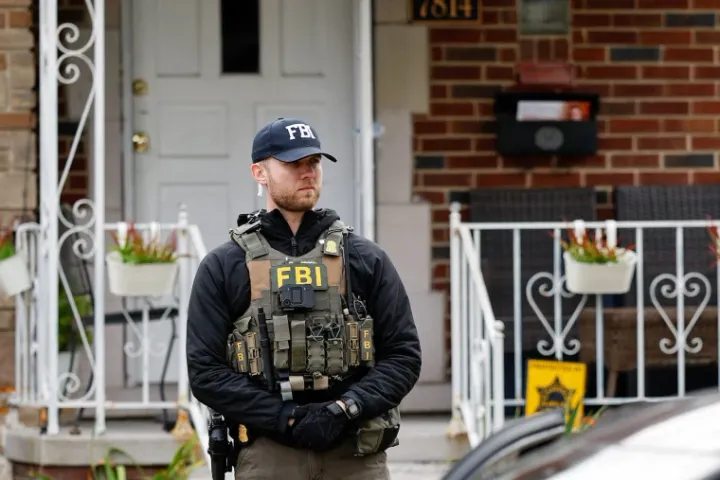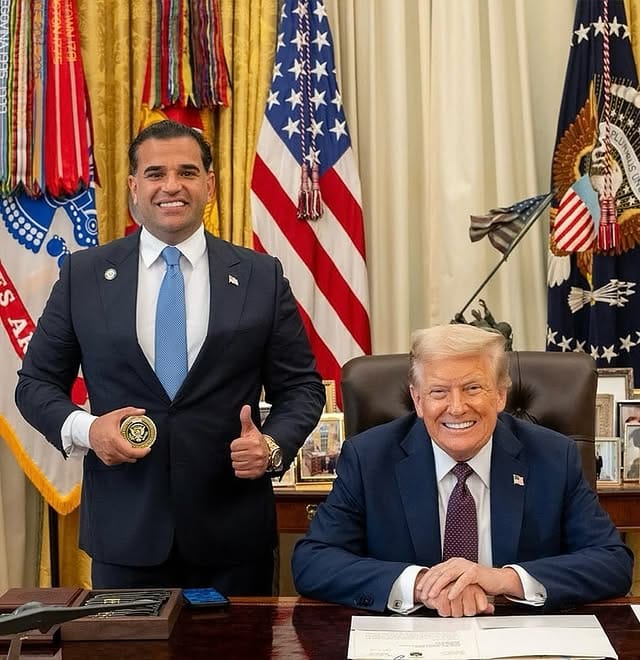Nineveh Plain Protection Unit (NPU) Reinstated Under Chaldean Leadership in Northern Iraq
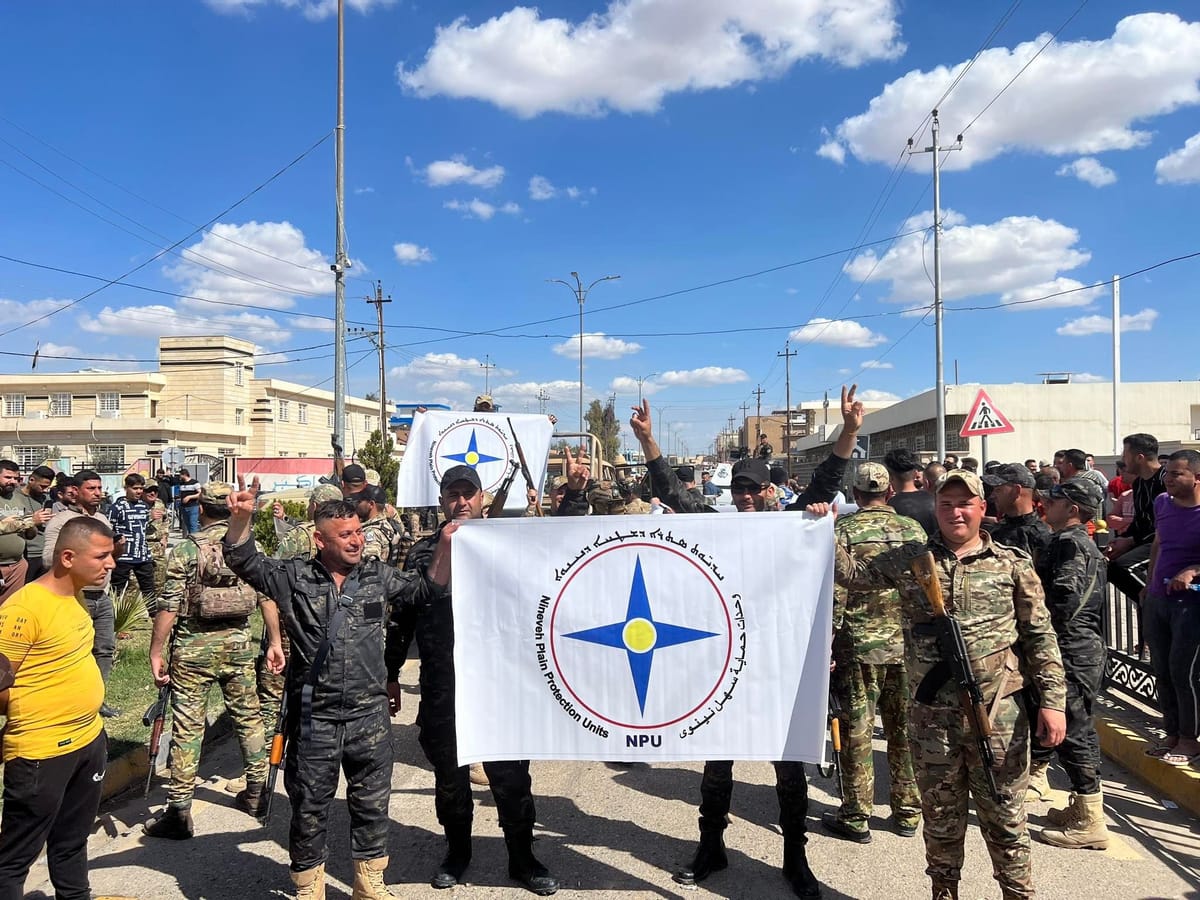
Breaking: Nineveh Plain Protection Unit (NPU) Reinstated Under Chaldean Leadership in Northern Iraq.
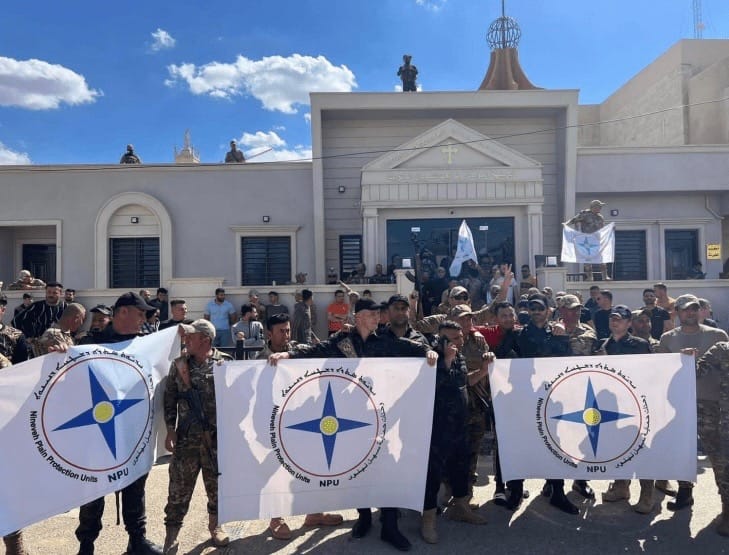
After years of uncertainty and outside control, security in the historic Christian towns of the Nineveh Plains is shifting back into local hands. Iraq’s Popular Mobilization Forces (PMF) have detached the NPU’s 13th Regiment from the Babylon Brigade (Brigade 50) and restored longtime commander Col. Jawad Habib, while folding the 74th Regiment under the 13th’s banner, a move widely described as the NPU’s return to independent Chaldean-led command within Iraq’s national security architecture.
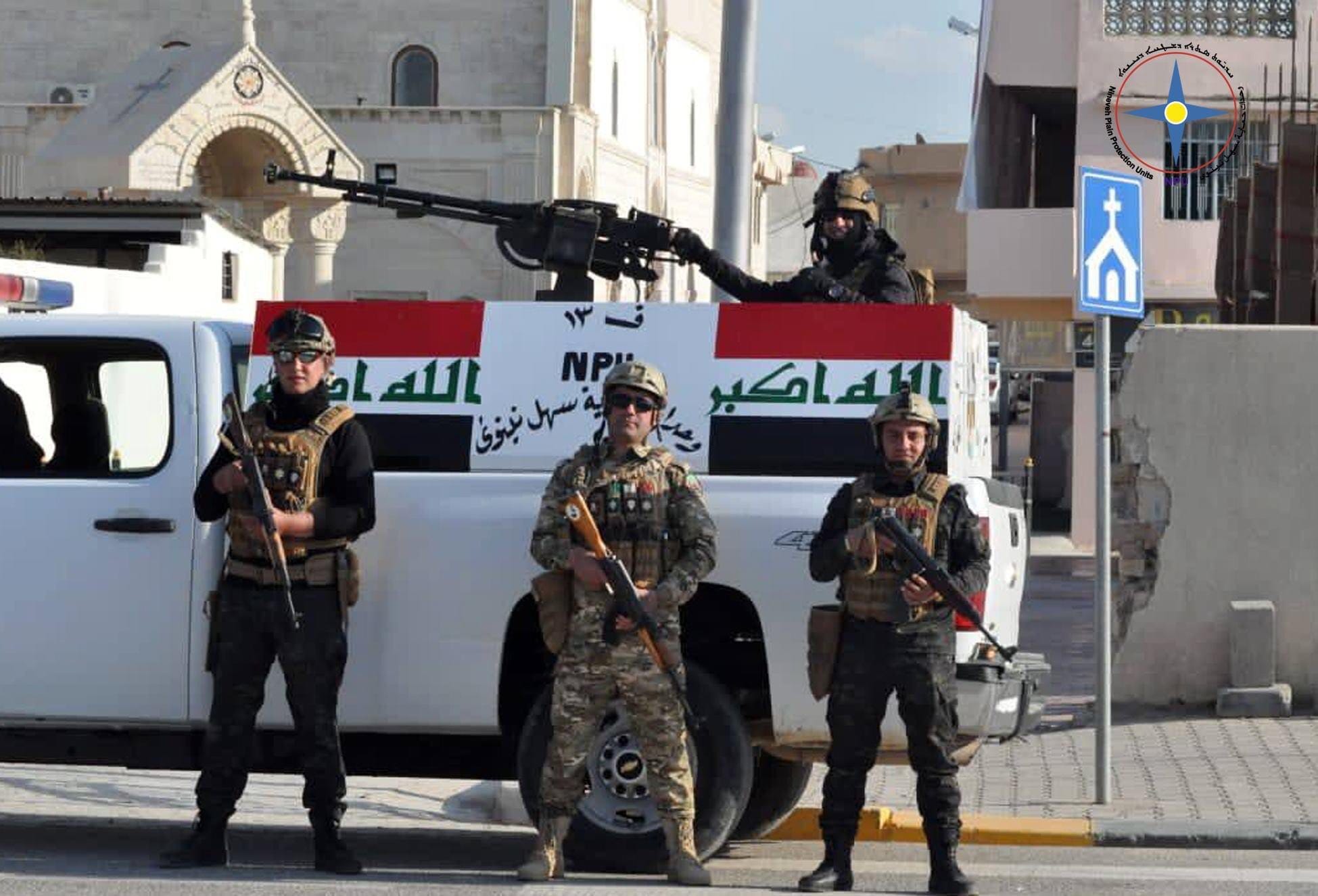
This change is significant. The 13th Regiment is now recognized under Iraq’s formal security structure but is once again under the leadership of Iraqi Christian (Chaldean) officers. The March 2023 absorption of the NPU into the Iran-aligned Babylon Brigade had undermined the unit’s independent role in the Nineveh Plains. Locals and church leaders had long pushed for a restoration of local command, a shift that now appears to have been realized.
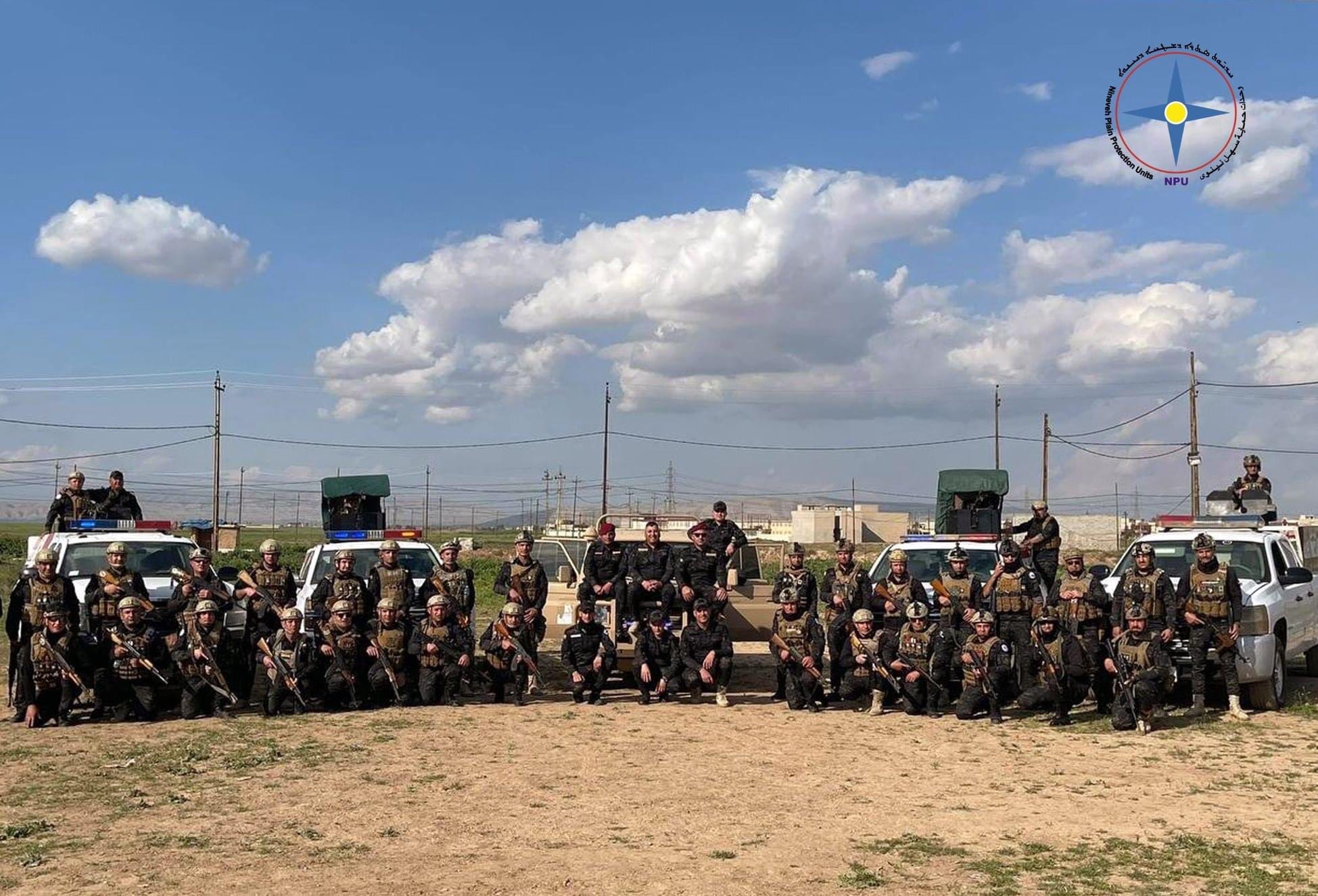
The NPU was originally formed in late 2014 when ISIS advanced across Mosul and the Nineveh Plains and many Christian families fled. Volunteer Iraqi Christian defenders from towns such as Qaraqosh (Bakhdida), Bartella, and Karamlesh took up the mantle of community protection under the banner of the NPU and later received official recognition and salaries under Iraq’s security framework. During subsequent years, the Babylon Brigade led by Rayan al-Kildani, who is U.S.-sanctioned for serious human rights abuses and corruption, exerted a heavy presence in Christian towns and subsumed the NPU under its command.
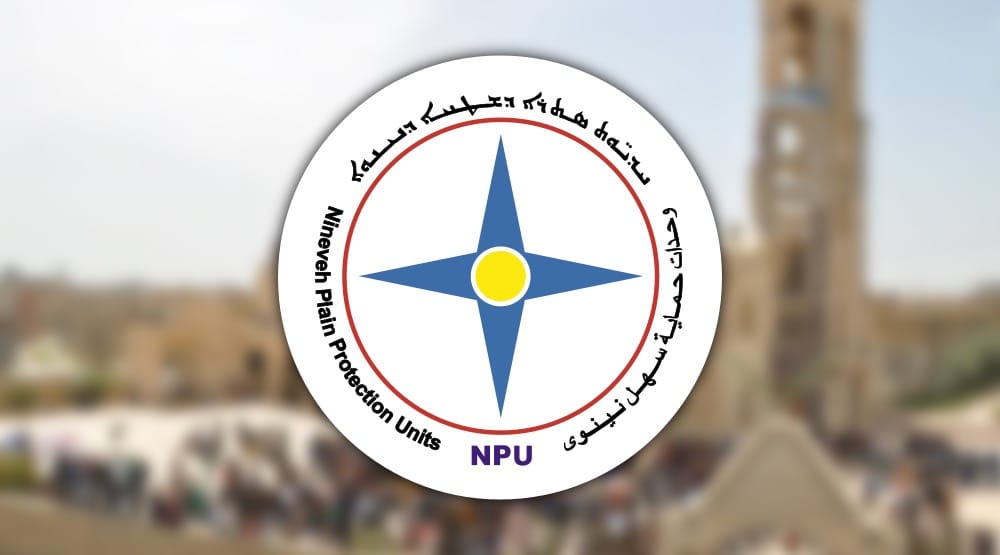
With the NPU now reinstated as “Regiment 13” inside the PMF structure but under Chaldean leadership, Iraqi Christians in the region may enjoy better accountability, stronger trust, and more effective protection. A locally commanded force is more likely to work collaboratively with community leaders: churches, mayors, and civic organizations, in a way that outside-militia forces did not. For many Christian families who have hesitated to return, credible local security is the missing piece in rebuilding their lives.
The recognition of the NPU as Regiment 13 matters politically and practically. It reduces the influence of the Babylon Brigade in majority-Christian areas and restores decision-making to the hands of the Chaldean community. Resources, training, and the unit’s integration into official structures are key to its long-term success. If the NPU proves effective and trustworthy, families may begin returning in greater numbers, reopening homes and businesses in towns that have suffered for years.
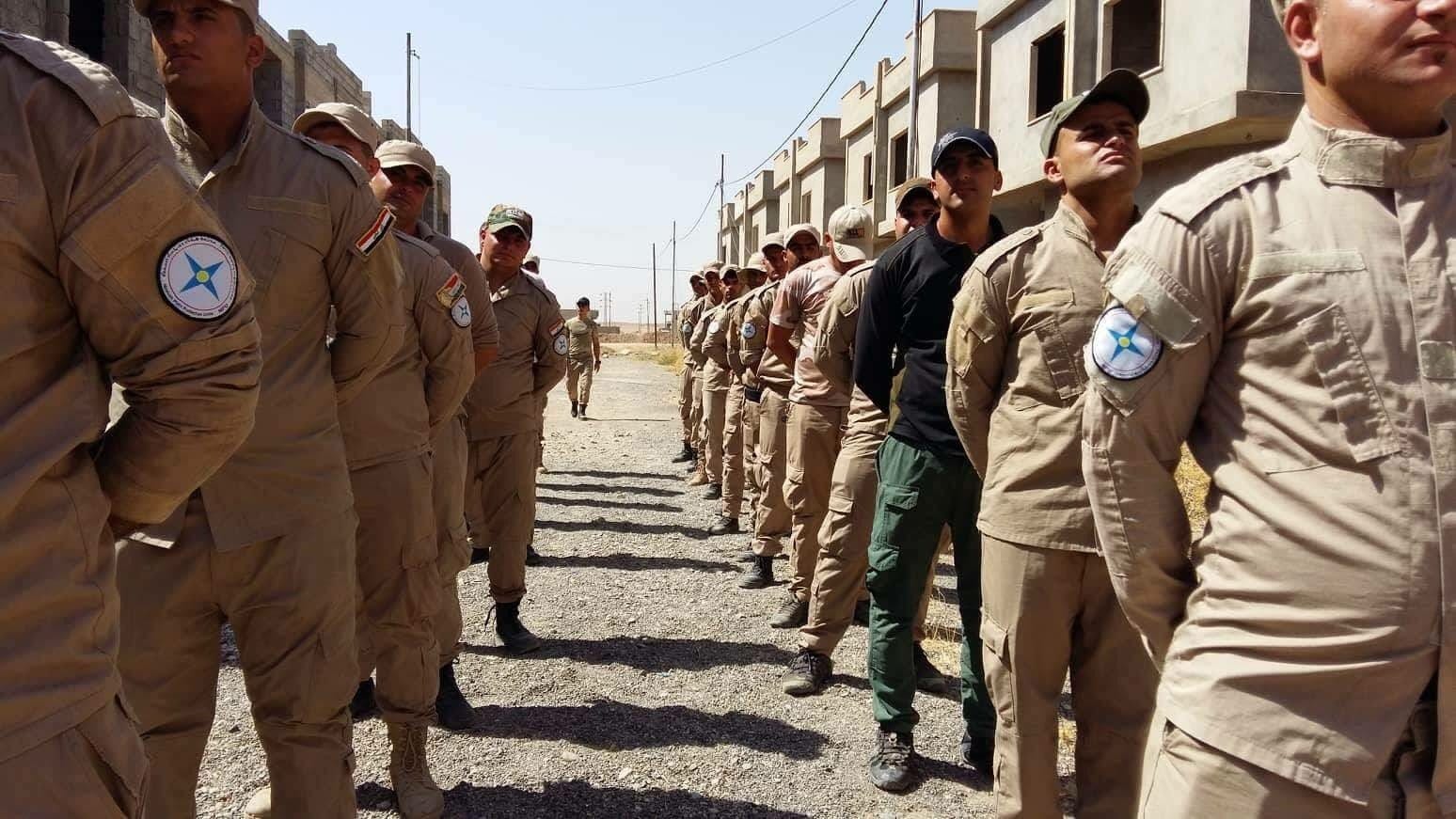
In short, the reinstatement of the NPU under Chaldean leadership marks a meaningful turning point for Christian communities on the Nineveh Plains. The ancient Chaldean people, once displaced, threatened, and forced into exile, now regain a measure of control over their own security and future. The hard work ahead remains, but this decision offers a promising foundation on which to rebuild.

